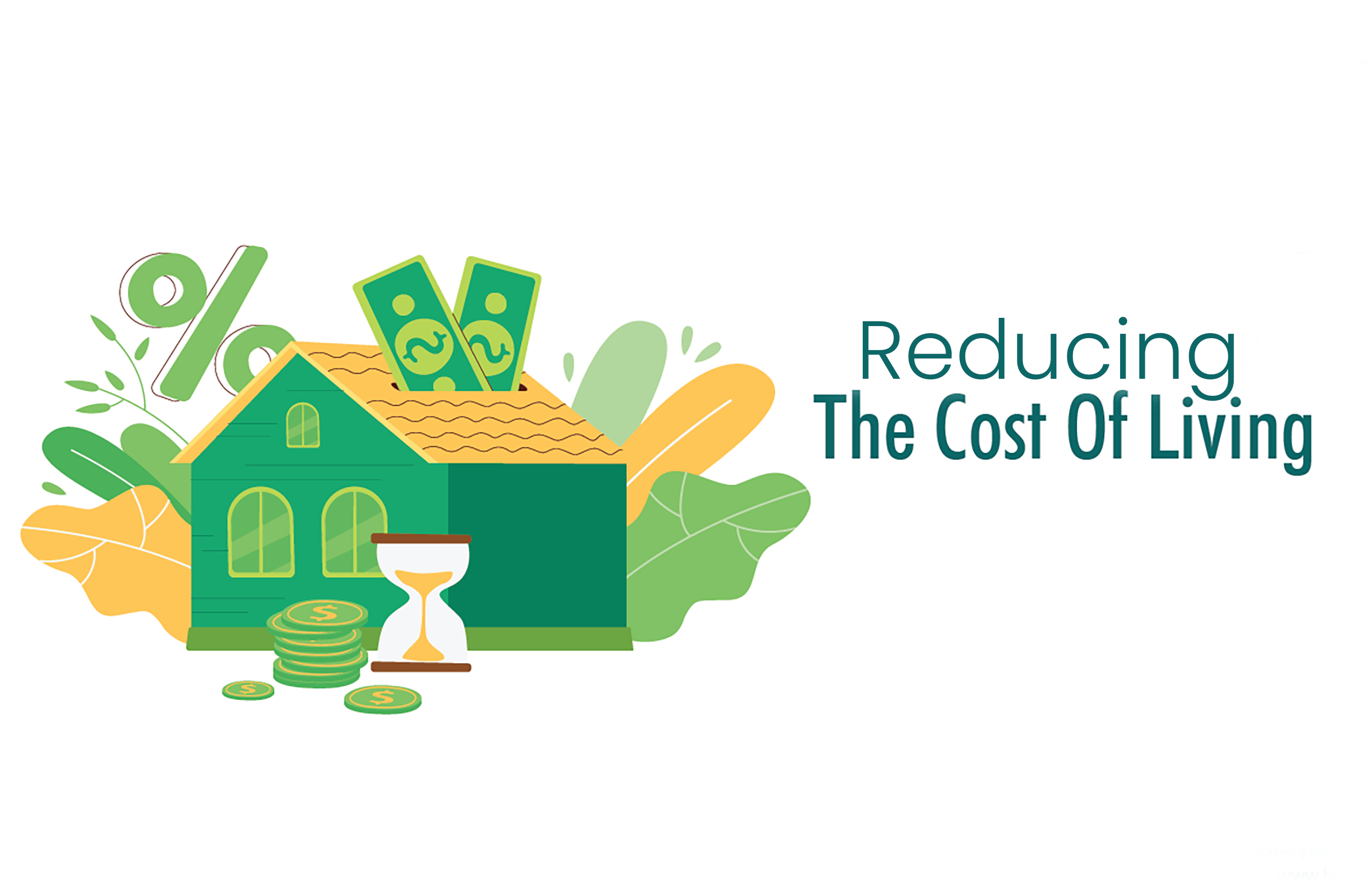Inaugural 2025 Cost of Living Task Force Meeting Held
The Cost-of-Living Task Force in Saint Kitts and Nevis convened its inaugural meeting of 2025, signifying a crucial stride in the government’s sustained endeavor to tackle the escalating cost of living for its citizens and residents. Against a backdrop of global economic instability, the task force, chaired by Cabinet Secretary Dr. Marcus L. Natta, aims to provide the government with evidence-based recommendations to mitigate the factors driving up living expenses. This initiative underscores the government’s commitment to ensuring a reasonable standard of living for all within the federation.
The task force has structured its 2025 agenda around key priority areas, focusing initially on food security and agriculture, private sector and trade facilitation, and housing. Within food security and agriculture, the aim is to enhance local food production and decrease reliance on imported goods. This strategy encompasses a range of potential measures, from supporting local farmers and promoting sustainable agriculture practices to exploring innovative food production technologies and streamlining distribution networks. The goal is to create a more robust and self-sufficient food system, shielding the population from the volatility of global food prices and supply chain disruptions.
In the realm of private sector and trade facilitation, the task force seeks to strengthen collaboration with businesses to optimize trade processes and reduce inefficiencies. This includes streamlining import procedures, reducing bureaucratic hurdles, and fostering a more conducive environment for businesses to thrive. By enhancing trade efficiency, the government aims to lower the cost of goods and services, making them more accessible to consumers. This initiative also aligns with the government’s broader economic diversification strategy, aiming to strengthen private sector growth and create new job opportunities.
Addressing the critical issue of housing affordability and accessibility forms the third pillar of the task force’s initial focus. The aim is to identify and implement measures that make decent housing more attainable for citizens and residents. This exploration may encompass various initiatives, such as exploring innovative housing models, promoting public-private partnerships for housing development, and reviewing existing land use policies to facilitate more efficient land allocation for housing projects. The task force will also consider strategies to support individuals and families in accessing affordable financing options for homeownership.
Beyond these initial priorities, Dr. Natta underscored the task force’s commitment to a comprehensive approach, encompassing critical sectors like labor and employment, energy and utilities, and social support throughout 2025. This holistic approach aims to address the multifaceted nature of the cost-of-living challenge, recognizing the interconnectedness of different sectors and their impact on overall affordability. By tackling these issues concurrently, the task force seeks to create a more resilient and inclusive economy that benefits all segments of society.
The government has already implemented two significant initiatives designed to alleviate financial pressures on citizens: a temporary reduction in the Value Added Tax (VAT) and the introduction of the Budget Boost Wallet Programme. The VAT, typically at 17%, has been lowered to 13% for the first half of 2025. This reduction complements the existing zero-VAT policy on food items, further ensuring the affordability of essential goods. The Budget Boost Wallet Programme provides targeted financial assistance to eligible individuals, bolstering the government’s commitment to affordability and economic resilience. This program aims to provide direct financial relief to those most vulnerable to rising living costs, enabling them to maintain a basic standard of living.
The task force echoed Prime Minister Dr. Terrance M. Drew’s call for businesses to pass on the savings from the reduced VAT to consumers. This measure is crucial to ensuring that the intended beneficiaries, the public, fully realize the benefits of the tax reduction. The government is actively monitoring the impact of the VAT reduction and engaging with businesses to encourage compliance and maximize the positive impact on consumer prices. The task force’s ongoing work will be pivotal in shaping policy and initiatives designed to enhance the quality of life for all citizens and residents of Saint Kitts and Nevis, reflecting a sustained commitment to building a more sustainable and resilient economy. The task force will continue to monitor the effectiveness of existing measures and recommend further actions as needed to address the ongoing challenges of affordability.
Share this content:












Post Comment